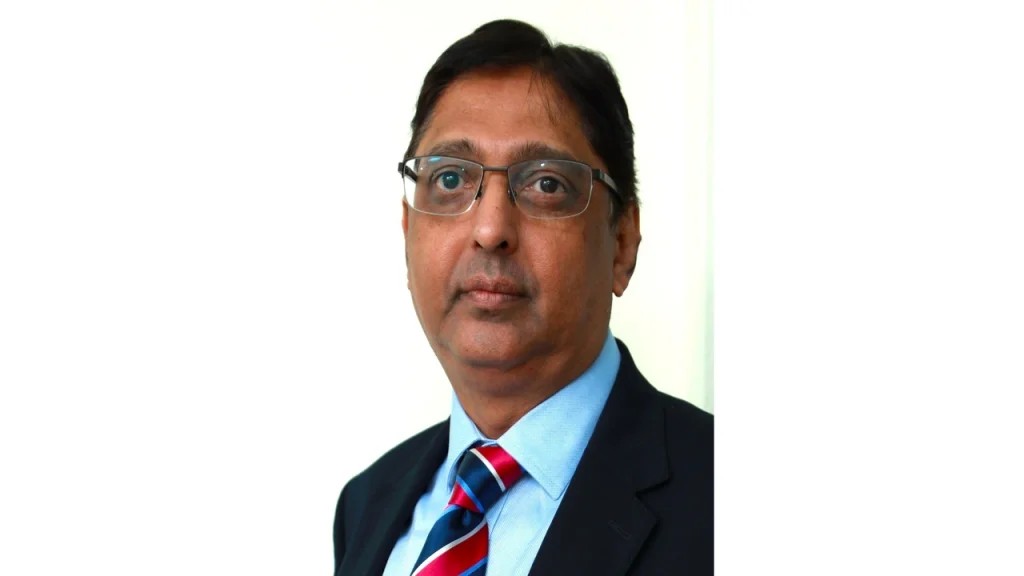- Gowtamsingh Dabee took charge as AFRINIC’s official receiver amid disputes over failed elections and governance collapse.
- But as his tenure extends beyond its original time frame, the scope of his mandate raises questions about regional autonomy and ICANN CEO’s influence on Africa’s internet governance.
Dabee assumes control under court order
The Supreme Court of Mauritius appointed Gowtamsingh Dabee as official receiver to take control of the African Network Information Centre after a years-long governance crisis. Observers describe the registry as a failed body because it suffered years of disputes, cancelled elections and loss of trust in its ability to manage Africa’s internet number resources. One unverified proxy dispute triggered the annulment of the June 2023 election and officials discarded valid votes. This showed that AFRINIC’s election standards no longer worked.
Dabee’s mandate followed many claims of corruption and mismanagement under AFRINIC’s leadership. His appointment came after pressure from members such as Cloud Innovation, the third-biggest member, which argues that dissolution is needed to protect Africa’s IP resources. Cloud Innovation called for ICP-2 rules to apply, not to create a new registry, but to allow an existing registry like RIPE NCC, ARIN or APNIC to take over AFRINIC’s duties until stability returns.
Also read: Cloud Innovation calls for AFRINIC wind-up after ‘impossible’ election standards
Also read: EXPOSED: The letter that reveals who was really benefitting from AFRINIC’s lawsuits
Scope of mandate and external pressures
The limits of Dabee’s authority are under close review. As official receiver, his role is to secure assets and keep continuity, but the lack of an elected board leaves him as the main figure in Africa’s internet governance at a time of weakness. This raises concern on whether his mandate goes past its proper scope, and debate grows on if governance should stay regional or be given to another registry.
Kurtis Lindqvist adds to this concern. The ICANN CEO released a new paper linked to ICP-2, and it gives him power to derecognise a regional registry. Critics call this a quiet power grab and say it bypasses open processes and expands Lindqvist’s role past what is expected. His step after a court-approved election is seen as moving against the courts and hurting trust in bottom-up governance. By placing himself as judge of compliance, Lindqvist is seen as pushing Africa’s governance aside and stretching his role into new ground.
Cloud Innovation says its actions are not a disruption but a reset. It says AFRINIC is broken and that one existing registry must take over at once to protect Africa’s infrastructure.

